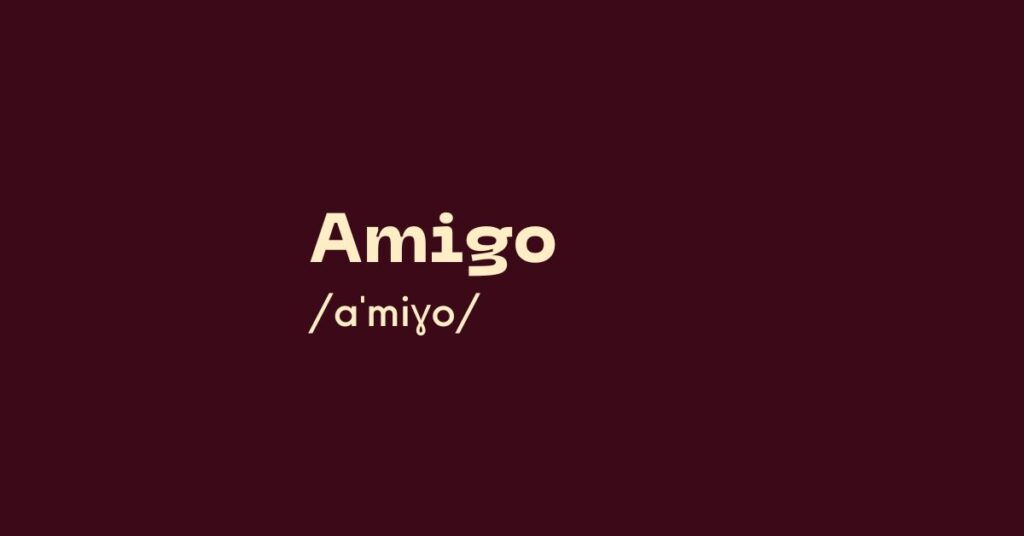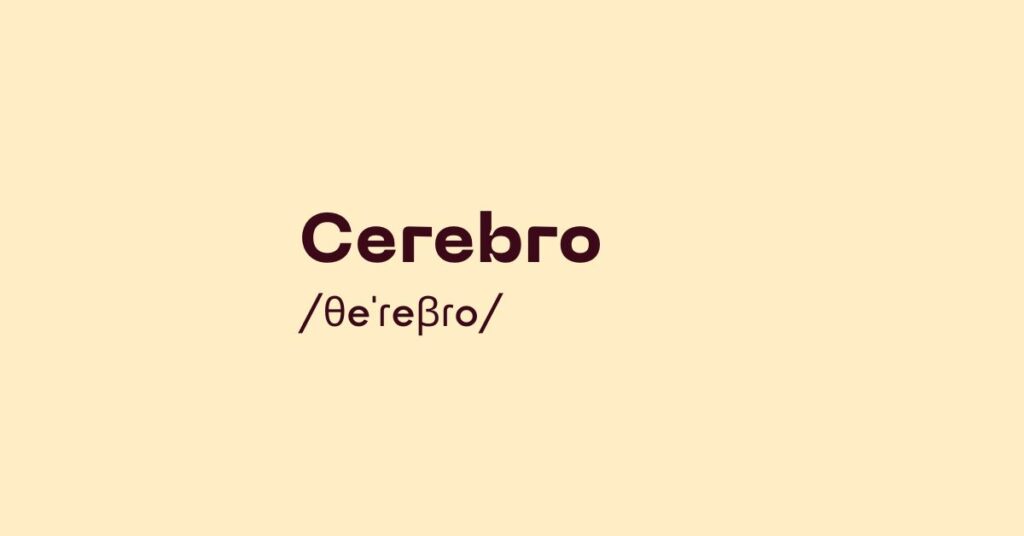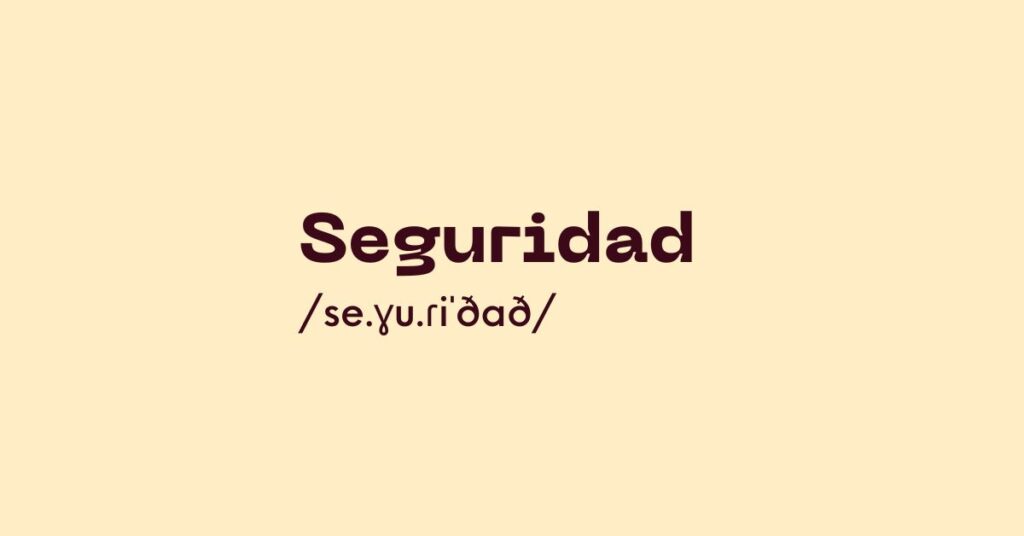Salvar
Today’s Spanish word of the day is “salvar”. It’s a verb meaning “to save”. It comes from the Latin word salvare, which had the same meaning. This is also the root of several English words including “salvation” and “save” itself (via Old French sauver). “Salvar” is a regular verb that has the same conjugation pattern […]









